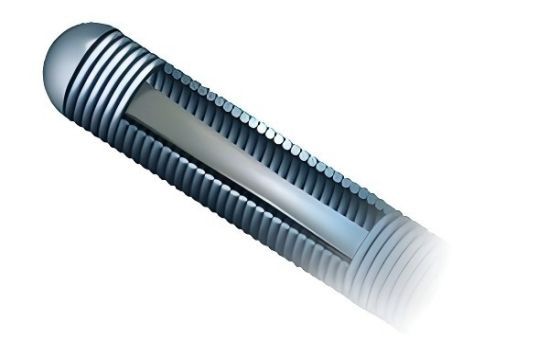How to Choose the Right Guidewire Medical Device
-
2023-06-30
-
LEPU

When it comes to cardiovascular interventions, the selection of the right medical devices is crucial for successful outcomes. Among the essential tools used in these procedures is the guidewire medical device. Guidewires act as navigators, guiding physicians through blood vessels during treatments such as angioplasty and stent placement. However, with a plethora of options available in the market, choosing the right guidewire can be a daunting task.
1. Understand the patient's needs for guidewire medical device
The first step in choosing the right guidewire is understanding the specific needs of your patient. Each cardiovascular intervention is unique, and the choice of guidewire should be tailored to the patient's condition. Consider factors such as the complexity of the procedure, the anatomy of the blood vessels, and any pre-existing conditions that may affect the selection. For example, patients with tortuous or heavily calcified vessels may require guidewires with increased flexibility or enhanced steerability. By understanding your patient's needs, you can narrow down the options and choose a guidewire that best suits the specific case.
2. Evaluate guidewire medical device properties
Types of guidewires come in a variety of designs, lengths, and properties. It's important to evaluate these properties and match them with the requirements of the procedure. One key consideration is the tip configuration of the guidewire. Different tip designs, such as hydrophilic or hydrophobic coatings, tapered tips, or atraumatic tips, offer varying levels of maneuverability and ease of navigation. Additionally, the diameter and flexibility of the guidewire should be assessed based on the vessel characteristics and the desired level of control during the intervention. Carefully examining these properties will ensure the guidewire is well-suited to the specific procedure and the patient's anatomical factors. (You may also need list of guidewires)
3. Seeking expert advice on guidewire medical device
In the rapidly advancing field of cardiovascular medicine, staying updated with the latest guidewire technologies and innovations can be challenging. It's wise to seek recommendations and expert advice from experienced physicians or medical professionals who have expertise in cardiovascular interventions. They can provide insights based on their practical experiences and offer guidance on selecting the most appropriate guidewire for a particular procedure. Their knowledge and expertise can help you navigate the wide array of options available, ensuring you choose a high-quality and reliable guidewire that meets your patient's needs.
4. Consider guidewire medical device costs
While the quality and suitability of the guidewire are paramount, it's essential to consider the financial implications as well. Medical guide wire come in a range of prices, and it's crucial to find the right balance between cost and effectiveness. Evaluate the cost-effectiveness of different guidewire options, taking into account factors such as durability, reusability, and the impact on the overall procedural costs. Balancing the cost considerations with the desired clinical outcomes will help you make an economically viable decision without compromising patient care.
5. Stay Abreast of Technological Advancements
The field of cardiovascular intervention guidewire technology is continually evolving, with new advancements and innovations emerging regularly. Staying informed about the latest technological developments can provide valuable insights into the potential benefits and advancements in guidewire design. Attend conferences, participate in professional forums, and keep a lookout for research papers and studies that discuss the latest trends in cardiovascular intervention guidewires. By staying updated, you can make well-informed decisions and leverage the latest technologies to enhance patient outcomes.
In conclusion, choosing the right cardiovascular intervention guidewire medical device is a critical step in ensuring successful procedures and optimal patient care. By understanding the patient's needs, evaluating guidewire properties, seeking expert advice, considering procedural costs, and staying informed about technological advancements, you can make an educated decision. Remember, the right guidewire should align with the specific requirements of the procedure and provide the necessary precision, maneuverability, and safety. Taking the time to carefully select the guidewire will contribute to improved patient outcomes and the overall success of cardiovascular interventions.
